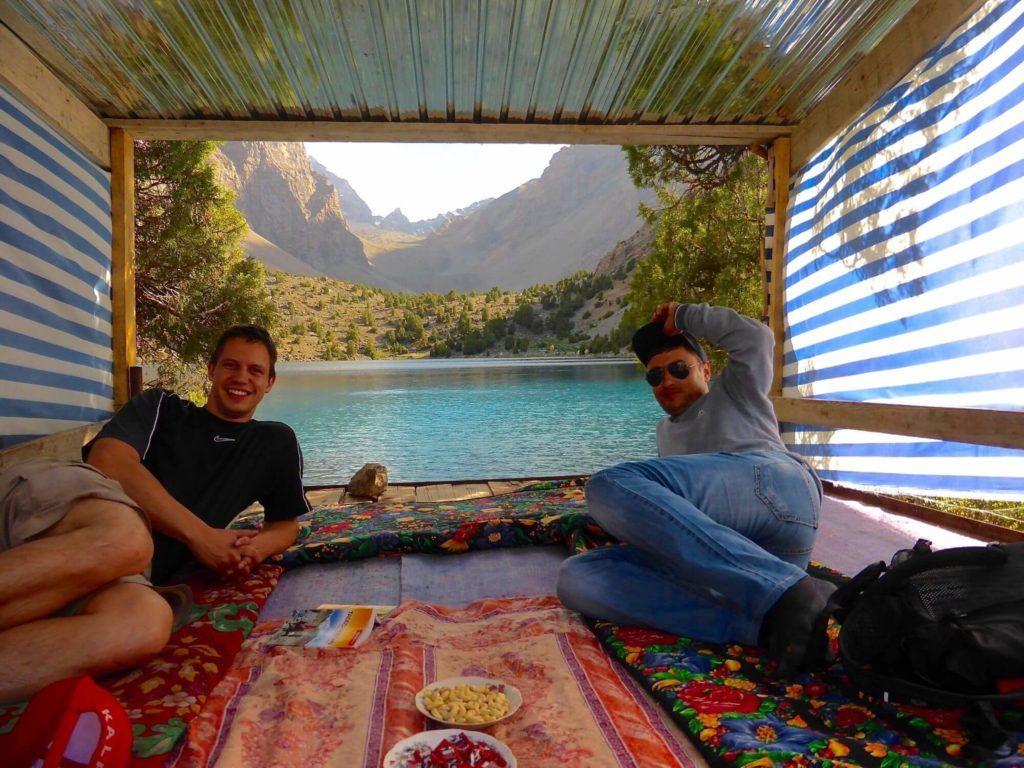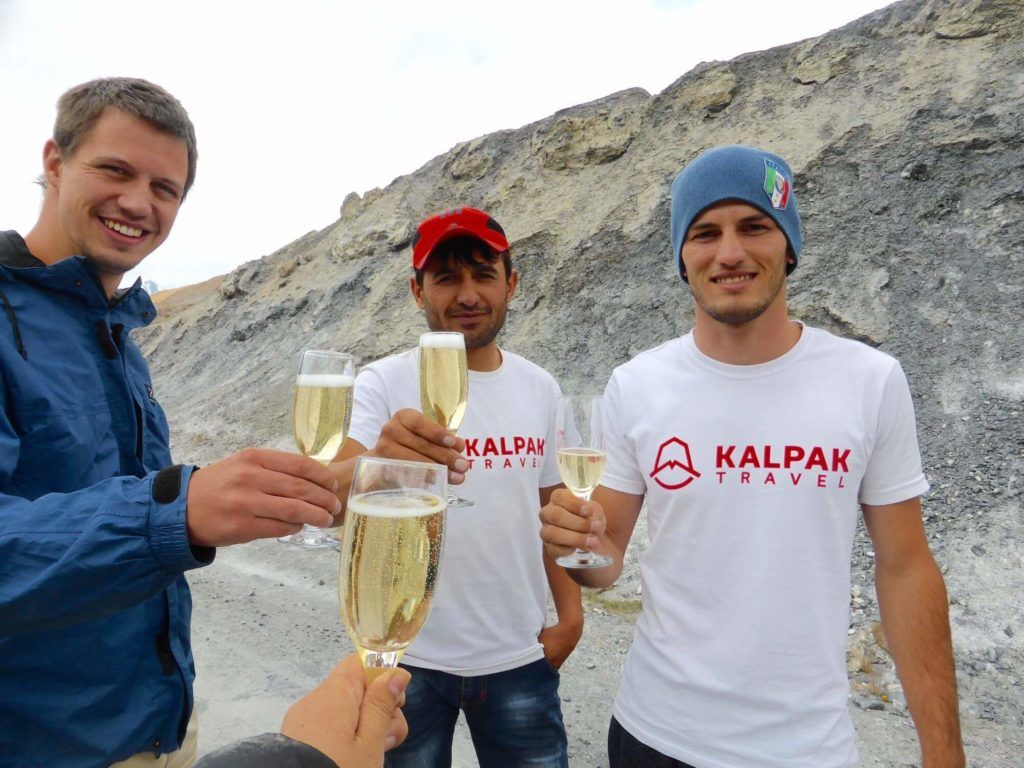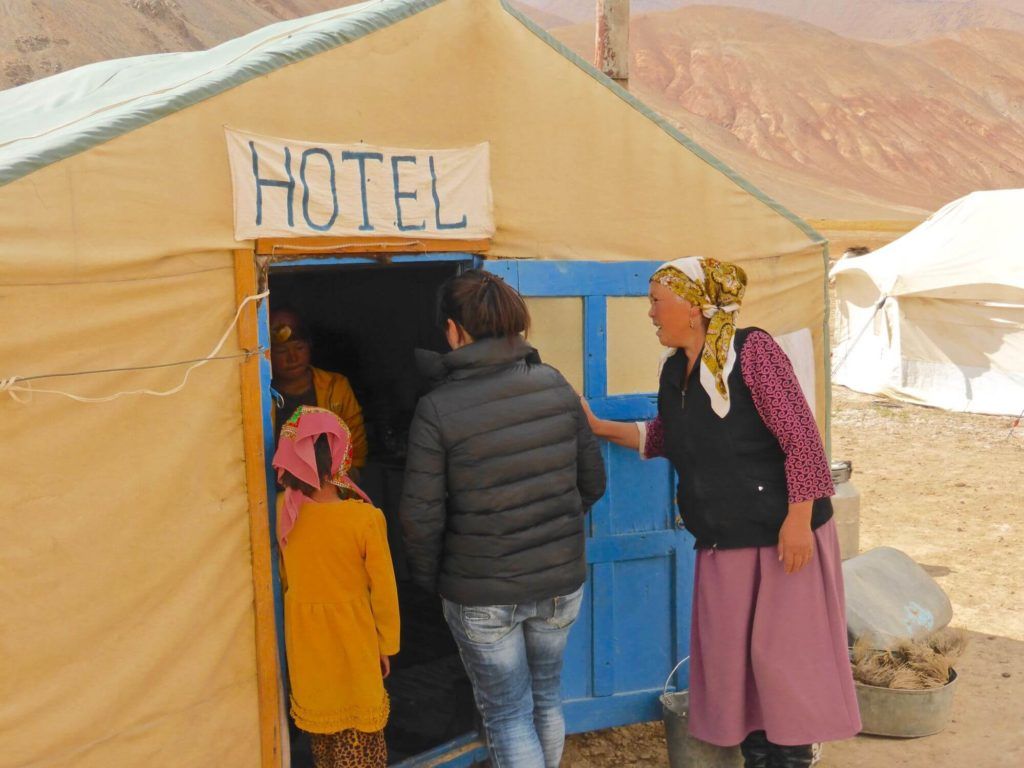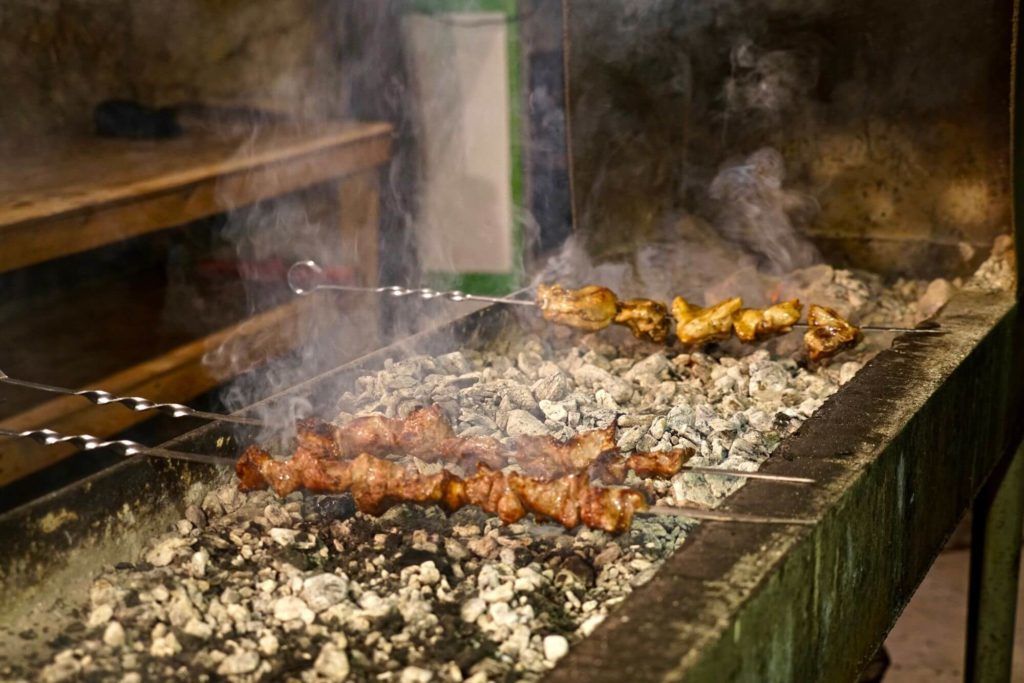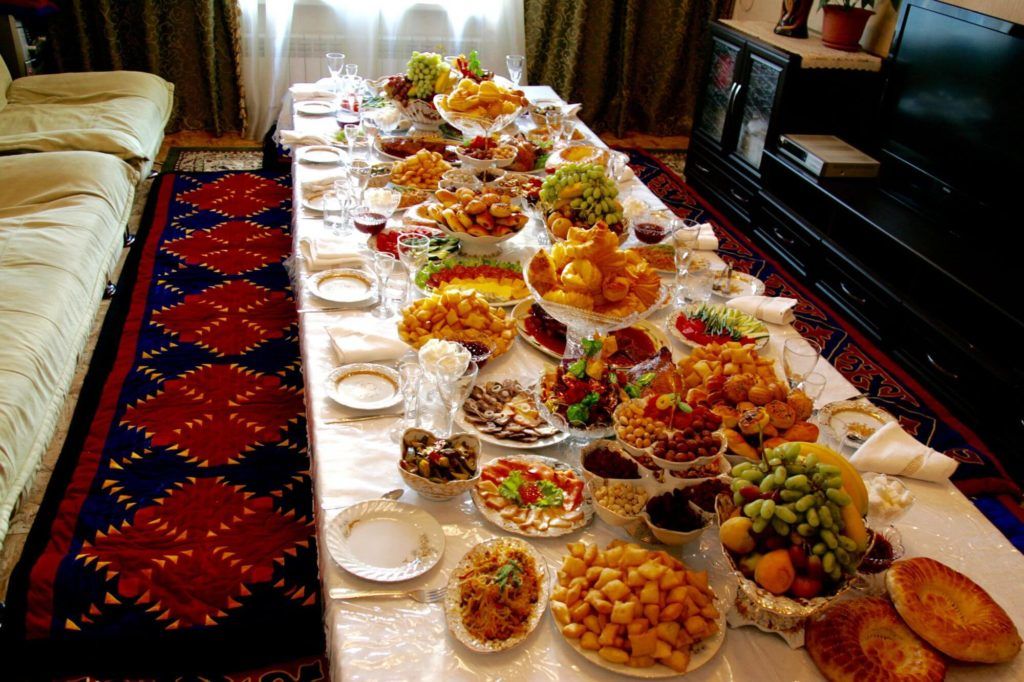Dos and Don’ts in Central Asia
Traveling is not rocket science, and the rules for behaving in foreign cultures are not super complicated, but there are many helpful suggestions to enhance and absorb the local culture. When traveling you should be open to new lifestyles, curious about other cultures, and most importantly behave respectfully, in the way that you would at home.
However, countries within Central Asia have distinctive cultural rules or “dos and don’ts”. The social rules listed below are not compulsory to follow and are not written down anywhere, but may serve as helpful guidance for good behavior in Central Asia.
Cultural differences between the Central Asian states are quite small, therefore, this general guidance is written for the whole region. The cities of Central Asia are different than the villages, you will mostly sleep in hotels/hostels and eat in cafes & you will not notice a big difference in comparison to western culture.
The local culture can be experienced more intensely in rural areas. People in Central Asia are very hospitable and kind and while there are many social norms that locals are strictly expected to adhere to, they will certainly not expect you to know all the rules. If you know and follow the do’s and don’ts listed in this article and behave accordingly you will make a very good impression on the locals!
Do’s
Greeting each other
- Men usually shake hands with other men and say “Salam Aleikum.”
- In Tajikistan, Uzbekistan, and Turkmenistan people put their hand on their chest and slightly nod their head to express sincerity when greeting, saying please and thank you.
- Women kiss each other on the cheeks if they are well acquainted or just nod to each other
- Women do not generally shake hands for greetings, with the exception of business meetings and first introductions.
- Eye contact is not as important as in Western countries, especially in everyday life. Maintaining long eye contact or staring may be considered as a sign of disrespect or naughtiness
- When greeting, people may also ask about your health, life, and family. Asking the same questions back is considered a polite formality.
At guest’s
- Take off your shoes
- Bring some cake, sweets, and something to drink if you are invited for dinner
- Traditionally, Central Asians ate sitting on the floor or on very low tables. Nowadays it is still done for honorable guests or special cafes with Tapchan.
- A table cloth (Dastarkhan) will be spread on the floor or low table and covered with a variety of Central Asian specialties. Try not to step on this table cloth or step on other people’s feet.
- While sitting on the floor do not point your feet towards the food.
- Treat bread with respect, the first thing to try at a guest’s house is a piece of bread. If you are in a hurry and do not want to stay for a meal you will still be offered a piece of bread. You should break off a small piece with both hands and taste it, as it is rude to refuse it.
- Ask for permission to take a photo
Eating
If you are in a home stay, the hosts will often suppose that you want to rest and will leave you alone. This means that they do not want to take your time or annoy you. The best way to get to know locals is to ask them to show how they cook, milk the cow etc.
If you are invited as a guest to a local family, they will try to show that you are very welcome by constantly offering you to eat and drink.
- You do not have to eat all the food on your plate!
- If you are full, just leave food on your plate as it will mean that you have had enough
- Hosts will automatically serve full plates of food and you will not be able to choose how much you receive.
- Keep calm and do not feel pressured to eat a lot, if you are full, just pretend you are still eating and say thanks.
- It is not rude to leave food on the plate
- Do not show disgust towards strange food! The host might sacrifice sheep in honor of the guest, and you might get sheep’s head, pure fat or intestines as food. This is all delicacy to locals, and it is okay if you do not like it, just leave it on your plate, do not feel pressured to eat everything.
- Do not always expect to get your individual plate. Sometimes there might be a big plate in the middle of the table, from which everybody will eat.
Drinking
- The same principles with food apply to tea. You do not need to finish your cup of the tea.
- You will be served tea in a traditional cup (without a handle) and it will only be half filled.
- A full cup would mean that they want you to leave as soon as you finish the cup and you came just to drink tea. A half full cup is a sign of respect &they cherish you as a guest.
- It will always be refilled unless you leave some tea inside the cup.
- You do not have to drink it, but you should always accept the drink.
The rules above do not relate to cafes and restaurants.
Other cultural dont’s
- Do not whistle inside buildings, there is a superstition that you will have bad finances if you do.
- Do not sneeze or pick your nose at the table or during any conversation as it is considered to be bad manners in Central Asia.
- Do not throw a hat on the floor, step on it, or play with it. Hats are very important to Central Asian’s and are treated with great respect and care.
- Do not say hi or bye while standing in the doorway/opening to a room.
- Do not point fingers at people.
- Do not kiss, hug, or hold hands in public, people are more conservative in Central Asia
- Do not give small change or souvenirs to kids on the streets, it will motivate them to beg instead of going to school. You can help by contributing to social projects that benefit the needs of the local society.
- Do not bargain too aggressively in bazaars. Central Asian markets do not usually overcharge; it is instead 5-40 percent more. Before you bargain with the seller to lower the price, think of your contribution to their life by purchasing their product. Sometimes it is better to pay a little more on purpose to support the local communities in rural areas.



